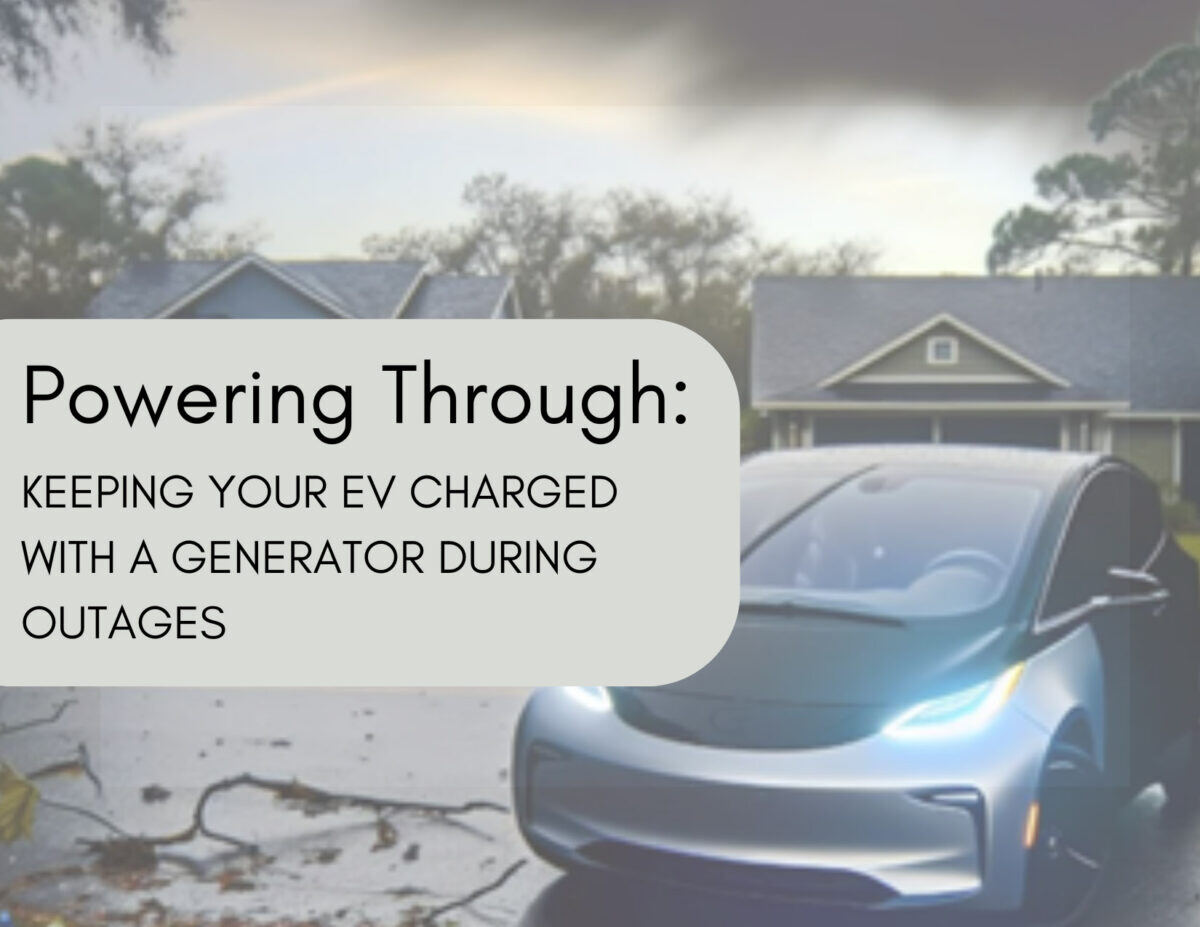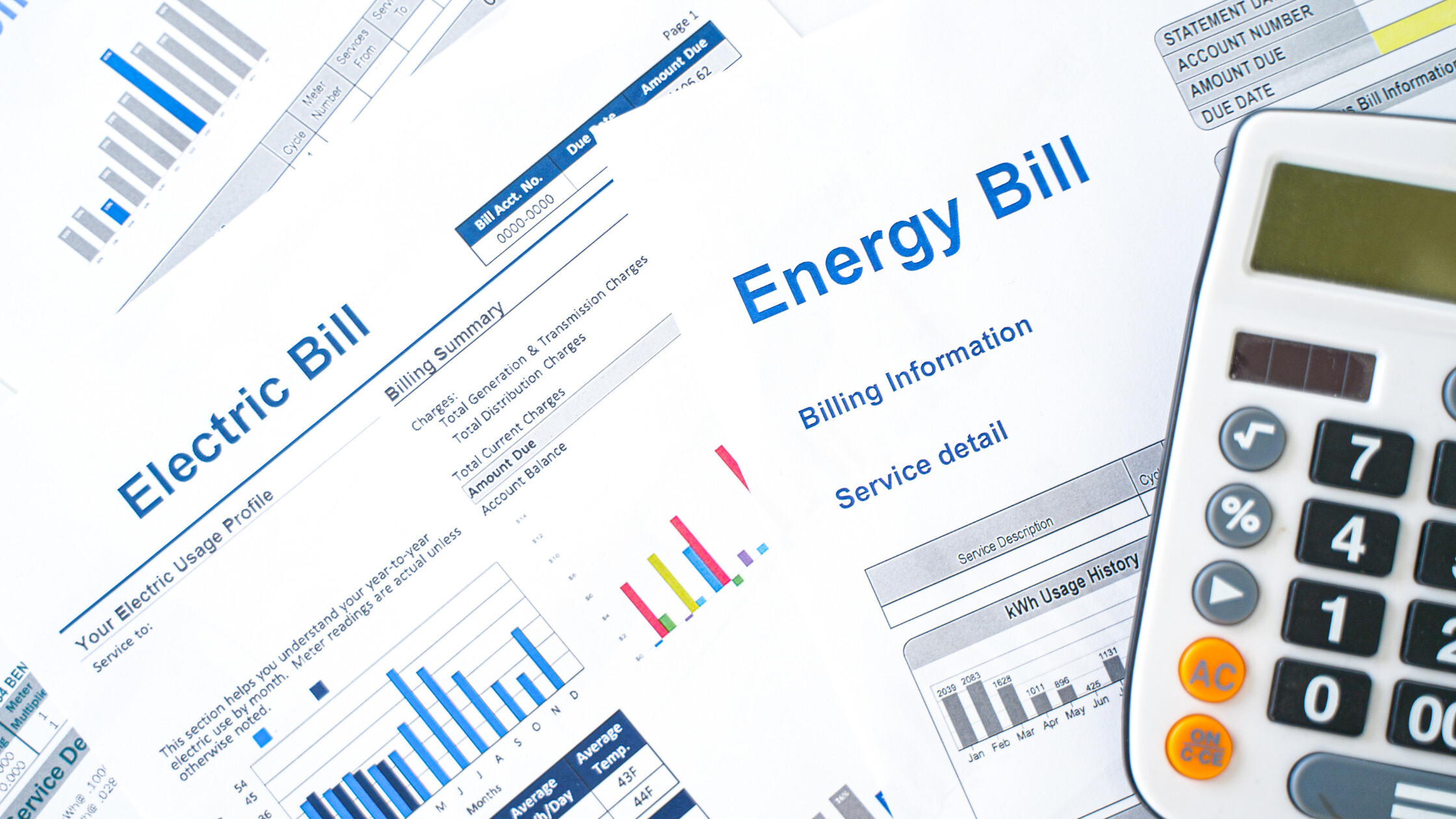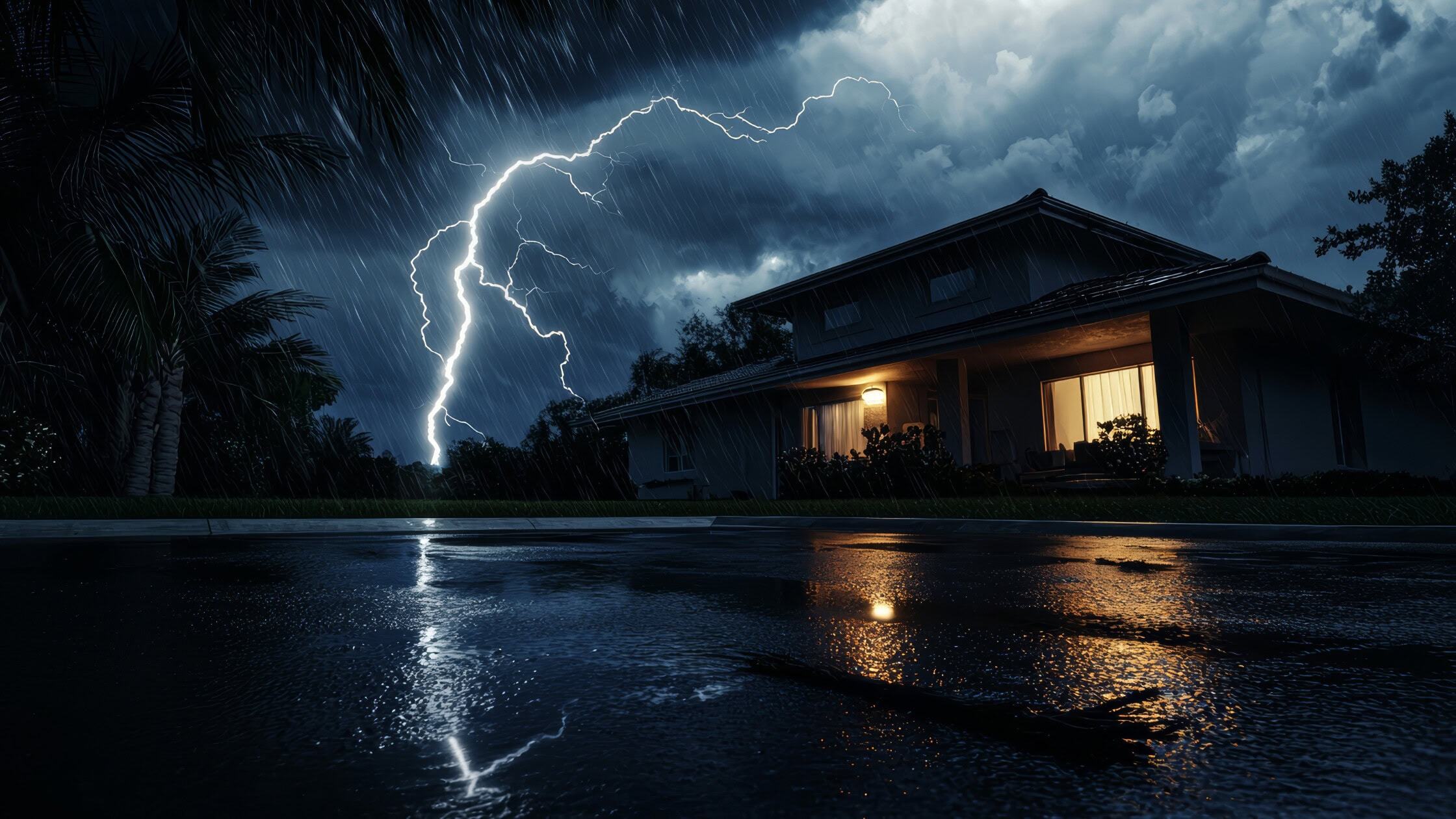Tagged as: Costs, Energy-efficient lighting, TECO
If you’re a homeowner in Hillsborough County, brace yourself: TECO’s residential electric rates are going up starting January 2026—and it won’t be a one-time bump....

Choosing the right generator to charge your electric vehicle (EV) is important, especially during hurricane season when power outages are common and can last a long time. A good generator makes sure your EV stays running, giving you a crucial way to get around when you need it the most.
Adequate Power Output: Most electric vehicles (EVs) need at least 120V and 10-15 amps to charge efficiently. This means you'll need a generator that can provide at least 1200-1800 watts. A generator with higher wattage will charge your EV faster, reducing downtime during emergencies. Remember to allow additional power for other power needs while running off the generator. For example, if your generator will need to run your refrigerator, fans, etc., in addition to your EV charger, make sure it can handle it.
Portability: During evacuations or relocations, having a portable generator is crucial. Choose one with sturdy wheels and folding handles, or consider models that can be towed. This ensures you can have power wherever you go.
Fuel Efficiency and Type: While it might seem odd to use a fossil fuel-powered generator for an EV, it can be essential in emergencies. Pick a fuel-efficient generator to extend run times and reduce refueling. Also, look into generators that run on propane, which is easier to store and safer to handle in severe weather.
Reliability and Durability: Your generator should be reliable enough to run continuously without breaking down. Look for models that are durable and come with good warranties and support from trusted brands.
Safety Features: Safety features protect both the generator and your EV’s battery. Look for generators with overload protection, automatic shut-off, and weather-resistant designs to ensure safe operation in all conditions.
Noise Levels: If you'll be using the generator in crowded areas or shared spaces, consider how loud it is to maintain comfort and comply with local noise rules.
Additional Features: Modern generators might have digital displays, remote start, and smartphone connectivity. These features let you monitor and control the charging process from a safe distance.
During hurricane season, a well-chosen generator connected to your home not only keeps your EV charged but also provides backup power for other essential needs. By considering power output, portability, fuel options, and safety features, you can choose a generator that ensures peace of mind and keeps you mobile during emergencies.
You may also be interested in: Can a Portable Generator Run A/C?


